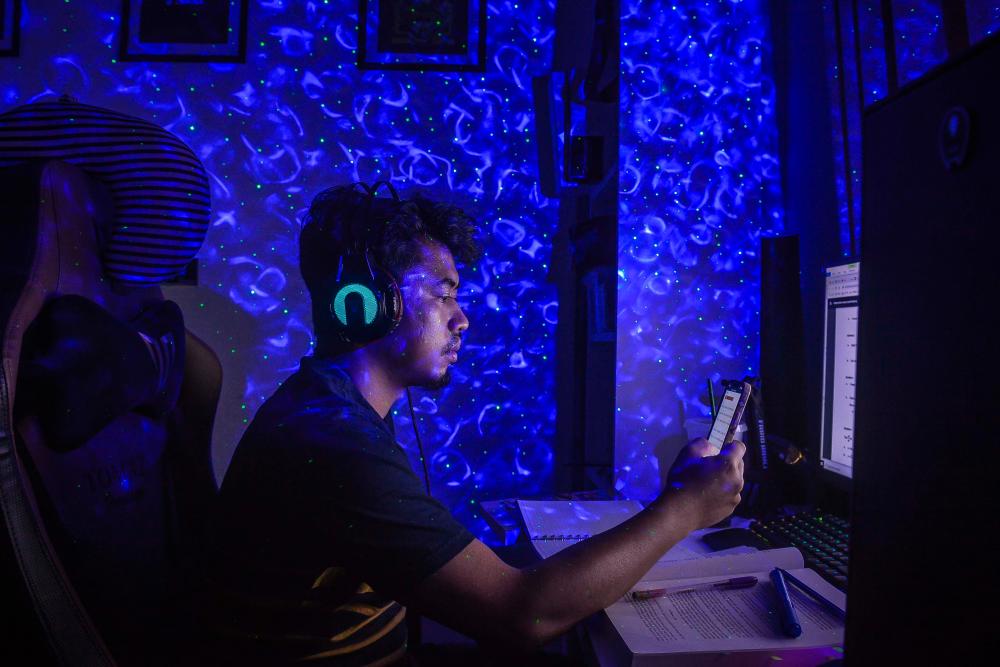PETALING JAYA: The internet has changed the way the younger generation express opinions on issues of social justice as they are more exposed to it compared with the older generation, said experts.
Universiti Sains Malaysia sociologist Dr Nur Hafeeza Ahmad Pazil said parents nowadays are more exposed to issues involving social justice and more concerned about it, probably because they are more educated and are exposed to such issues through the media. Hence, parents should teach their children about social justice and equality.
“I would say that apart from this, another factor is social media. The youth learn about social justice issues from social media and they are more concerned and vocal about it.
“Also, the younger generation is more open to discussing such issues, especially on social media, Twitter in particular, even though some of the issues have not been discussed publicly before. These include issues involving gender and sexuality, perhaps because they can remain anonymous online.”
Nur Hafeeza said the younger generation’s knowledge on issues of social justice is important for the future.
They can share their knowledge with their parents and the older generation so that everyone is conscious of it. However, issues of social justice that are more sensitive and violate social norms and religious beliefs should be discussed carefully so that they will not affect the mindset of the younger generation.
Focus on the Family Malaysia executive director Benny Kong said he agreed that the internet has changed how the younger generation learn about events. In the last two years, virtual or online learning has become the norm.
He added that parents are now more involved in their children’s education and with greater access to it, they are in a better position to guide and support their children.
“With the ubiquity of the internet, our children are not only asking parents and teachers for help, but are asking Google too. The younger generation is asking more questions than those before it, resulting in an influx of information that they may not have the maturity to process.
“Therefore, it is crucial for parents to engage with their children. We need to be intentional in communicating with our children, whether it is during mealtimes or on the way to school. The more we listen and connect with them, the more we discover their thoughts and emotions,” he said.
Kong said the internet has enabled children in the current generation to be more exposed to and aware of myriad issues. Children these days may not even need to seek information, as information often comes to them via social media and news channels.
“News also reaches us in real time instead of from a newspaper. Videos have also allowed us to connect with issues at an emotional level. War, social injustices, climate change, and disasters are made known without censorship to people of all ages globally.
“However, younger children may not yet be mature enough to understand nor process many of these issues. Hence, we need to be intentional in providing a safe space and opportunity for our children to voice their opinions and express their emotions.”













